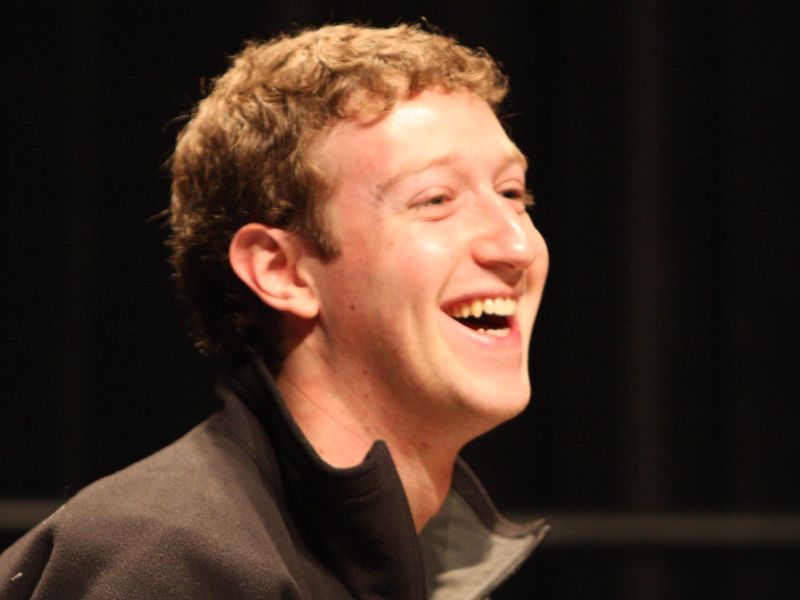Technology
Facebook to Help Spread Internet Across the World
Published:
Last Updated:
Facebook Inc. (NASDAQ: FB) plans to solve one of the Internet’s most vexing problems — most people around the world have no access to it. The notion that Facebook can do this reflects the kind of arrogance the company and its executives have become know for.
The social network issued a press release that said:
Mark Zuckerberg, founder and CEO of Facebook, today announced the launch of internet.org, a global partnership with the goal of making internet access available to the next 5 billion people.
Zuckerberg certainly has lined up an impressive set of partners:
The founding members of internet.org — Facebook, Ericsson, MediaTek, Nokia, Opera, Qualcomm and Samsung — will develop joint projects, share knowledge, and mobilize industry and governments to bring the world online.
Bringing the Internet to five billion people is akin to bringing them food, water or education. The logistics and expense defy even the financial power of companies like Qualcomm Inc. (NASDAQ: QCOM) and the weak balance sheets of struggling corporations like Nokia Corp. (NYSE: NOK). The price to accomplish the goal would stretch into the hundreds of billions of dollars, given the nearly impossible task of creating an infrastructure to reach billions of people, let alone sharply cut the costs of what people who are poor or live in poor nations would pay.
Additionally, many nations do not want to allow citizens access to the Internet. The free flow of information would challenge governments that work hard to block it.
Broken into its three parts, the plan seems even more difficult:
Partners will collaborate to develop and adopt technologies that make mobile connectivity more affordable and decrease the cost of delivering data to people worldwide.
That means cutting the cost of fundamental delivery networks, either wired of wireless. Each of these requires the build-out of everything from cell towers to cables. Such a grand ambition defies what the most advanced technologies can accomplish. Despite years of effort, the U.S. government and communications companies have not found a way to get Internet access to many of the country’s farmers.
Another effort of the coalition:
Partners will invest in tools that dramatically reduce the amount of data required to use most apps and internet experiences.
That assumes that billions of people can be educated about how to use apps, and that these apps have any practical use.
Finally:
Partners will support development of sustainable new business models and services that make it easier for people to access the internet.
Again, the financing of companies that could afford the cost of creating the infrastructure to deliver these “services” is beyond belief.
The benefits of a broader adoption of the Internet to the coalition’s partners is easy to see. Each relies on the Internet to feed its revenue base. Time will tell whether any of them actually will spend large sums to help accomplish the plan’s ambitious goals. Likely not, because those goals are foolhardy.
Thank you for reading! Have some feedback for us?
Contact the 24/7 Wall St. editorial team.